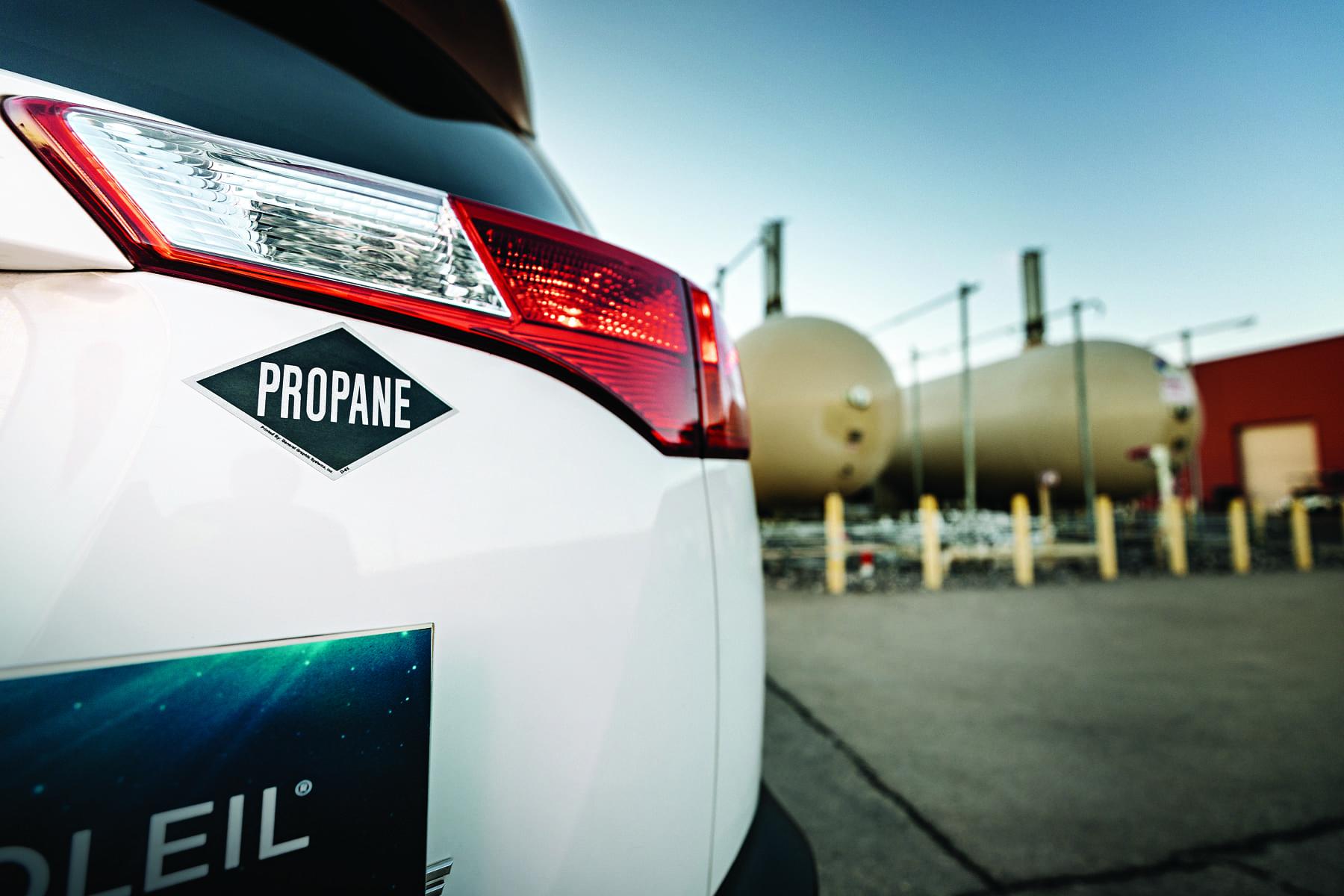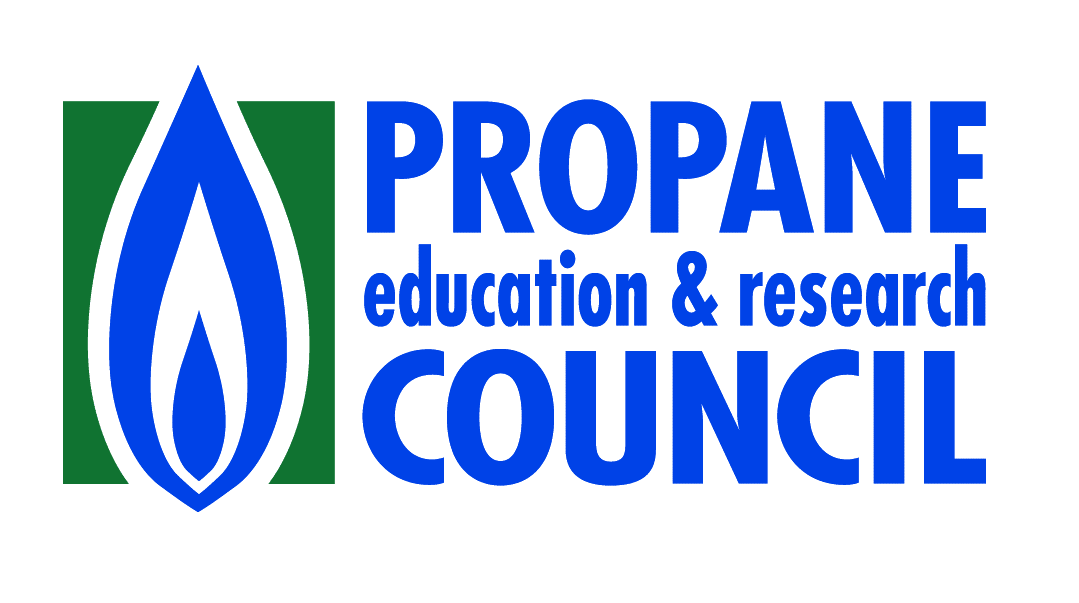For decades, propane autogas has been a proven and reliable alternative energy source for fleets looking for a cost-effective solution for reducing emissions. Part of the reason it has remained a critical resource for fleets is because innovations continue to evolve as new technology becomes available for vehicles powered by this clean-burning fuel.
One of the more recent innovations is the propane autogas hybrid vehicle. By converting a hybrid vehicle’s gasoline engine to a propane engine, fleets can now take advantage of the low emissions profiles of both the propane and electric energy sources. Additionally, the vehicle combines the reduced fuel needs of a hybrid with propane autogas’ low fuel costs. This alternative fuel is typically less expensive than gasoline and provides the lowest total cost-of-ownership of any energy source.
Propane autogas is a proven and reliable energy source for fleets to power their vehicles. A recent innovation is the propane autogas hybrid vehicle.
An early adopter of this emerging technology is thriving on one of the most iconic stretches of road in the nation: the Las Vegas strip. Its propane autogas-electric hybrid success story is worth sharing.
Researching the technology
Yellow Checker Star (YCS) Transportation’s 860-vehicle fleet racks up nearly 50-million miles every year. On any given Friday or Saturday, the Las Vegas fleet will run close to 1,000 shifts. When you add up all those miles, the potential emissions impact could be immense. It is one of the reasons YCS turned to clean propane autogas for its vehicles in the 1980’s, and they’ve never looked back. Vehicles powered with this fuel can produce up to 22 percent fewer greenhouse gas emissions than gasoline vehicles.
YCS has fueled its taxis with propane since the 1980’s. They invested significant time researching and testing a custom propane conversion for the Toyota Prius.
When passenger hybrid vehicles began to hit the streets, YCS experimented with converting Toyota Prius V sedans to propane autogas hybrids. Before making the switch, YCS owners wanted to ensure their taxis would have the same optimal performance they experienced with propane autogas for the prior 30 years. The staff invested significant time in researching, creating, and testing a custom conversion technique for the Prius.
YCS’ in house conversion technicians engineered a solution that replaced the OEM gasoline fuel system with a custom-designed propane fuel system. It includes a fuel tank designed for maximum fuel capacity, while also providing maximum luggage space. As an added safety measure, the fuel tank is enclosed in a protective barrier.
Joel Willden II, director of YCS, shared his experience with propane autogas hybrids with PERC as part of our educational video series.
“For Yellow Checker Star, propane’s been a great fit for our taxi fleet, especially a taxi fleet of our size,” Willden says. “Our customers are not going to know they’re in a propane hybrid versus a gasoline car. You don’t see any reduction in horsepower there.”
Embracing propane autogas hybrids
Since the first test drives in 2016, the YCS team has found great success with the propane autogas hybrid taxis. Today, 40 percent of the fleet runs on the hybrid technology.
The hybrid vehicles provide optimal performance for drivers, and the fleet has been able to cut fuel costs because one tank lasts through several drivers’ shifts.
According to YCS, the vehicles are still providing the optimal performance that drivers had experienced with propane autogas. Plus, the fleet has been able to cut its fuel costs because one tank can last through several drivers’ shifts.
More importantly, the fleet has reduced its emissions, providing a major benefit to the Las Vegas community. According to YCS, the fleet saves the Las Vegas Valley over 800 tons of carbon monoxide and 800 tons of particulate matter per year.
“Our expectations with the hybrids have been met and even exceeded,” Willden says. “We’re moving forward with more hybrids. Each new vehicle class that we buy into to replace older vehicles will be hybrids with that propane conversion.”
As the first large fleet to implement this technology, YCS has provided a model for other fleets to follow. Fleets interested in learning more should visit Propane.com/propane-autogas-hybrid-technology.



